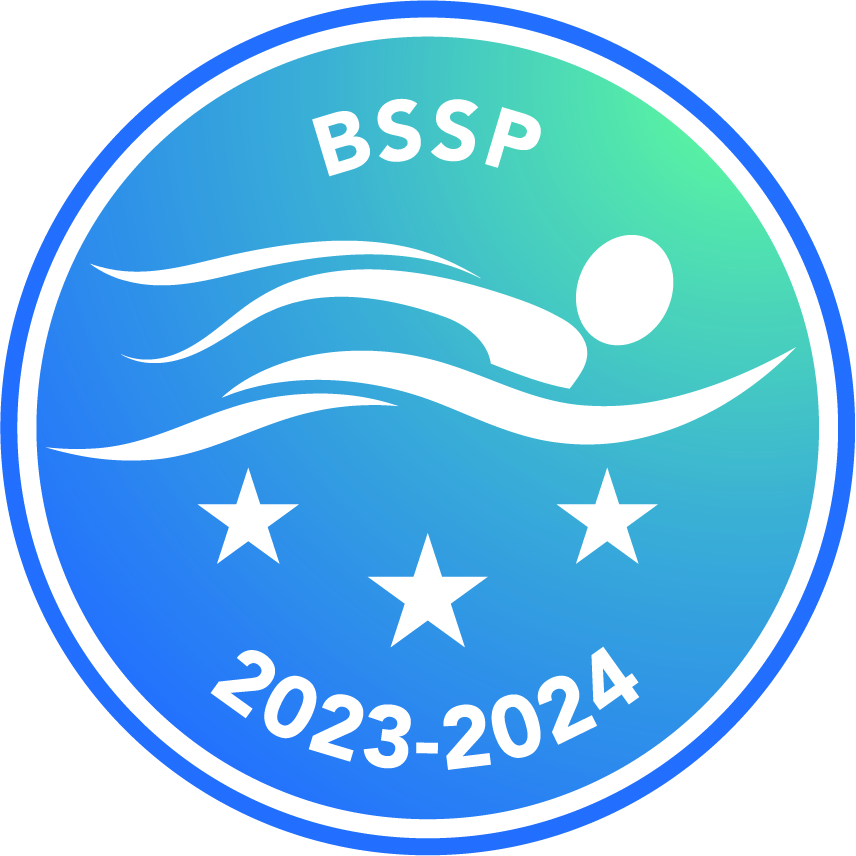PSHE
All pupils at The Downley School are immersed in a carefully crafted PSHE curriculum. We believe that a quality PSHE curriculum helps to give our children the knowledge, skills, strategies and attributes to make informed choices and decisions about the different opportunities and challenges life presents in modern Britain and an awareness of their place in the wider world.
Our PSHE curriculum enables pupils to learn, grow and succeed together and is underpinned by our six values.
Below are documents for the curriculum as well as the intent, implementation and impact statement. If you would like to view the progression document for PSHE, please contact the school office.





